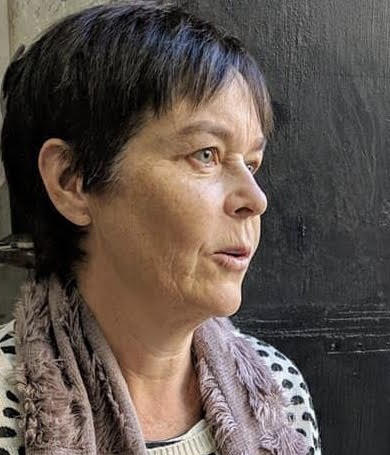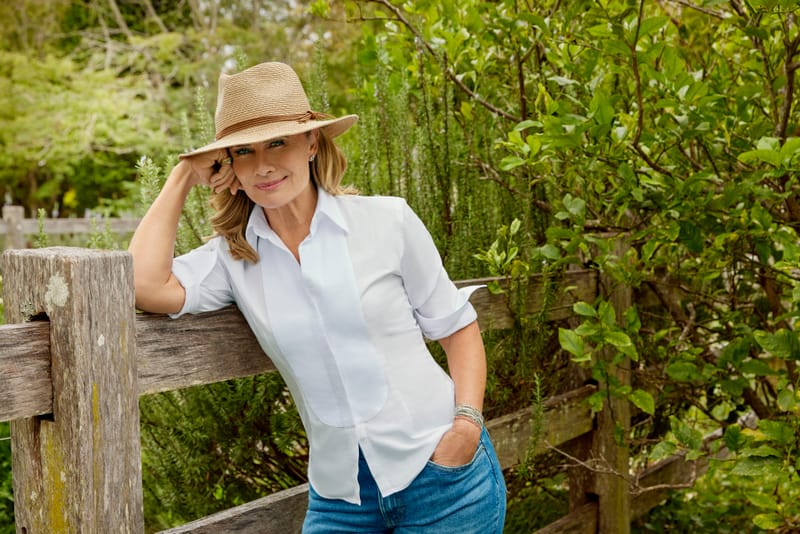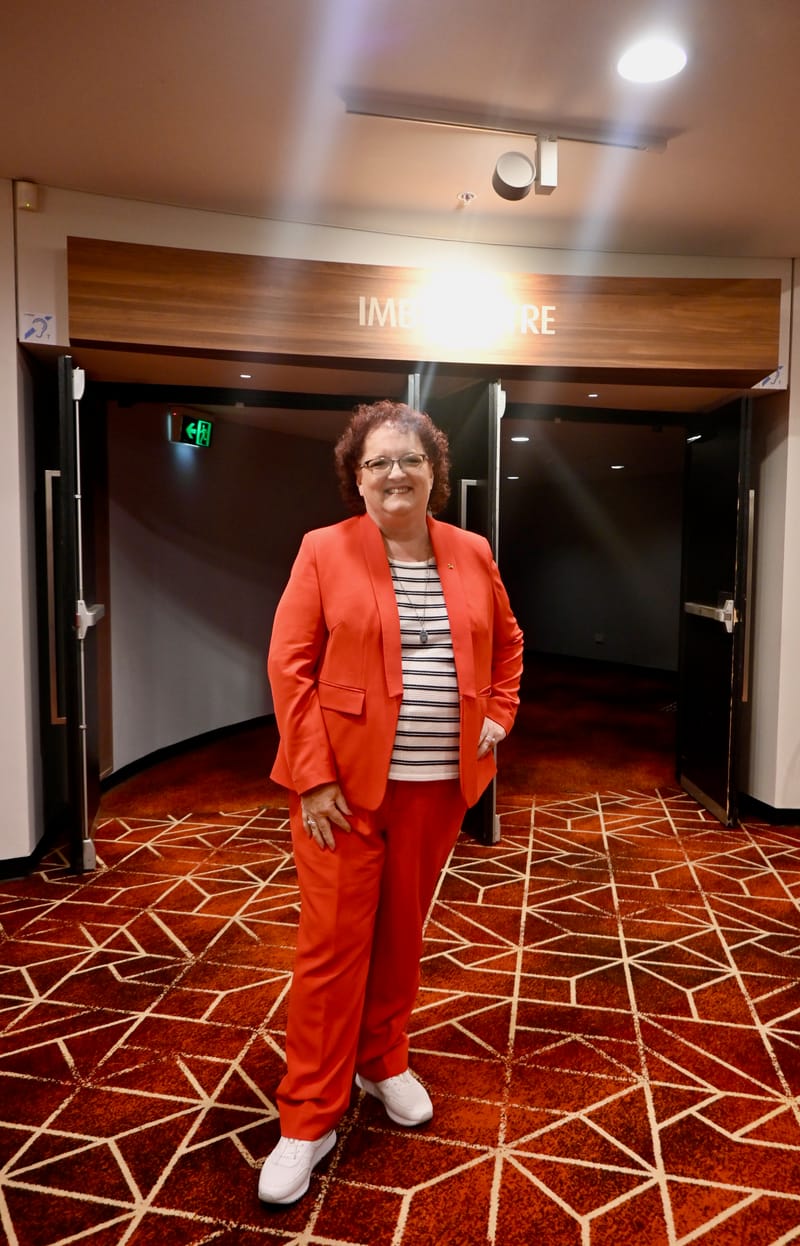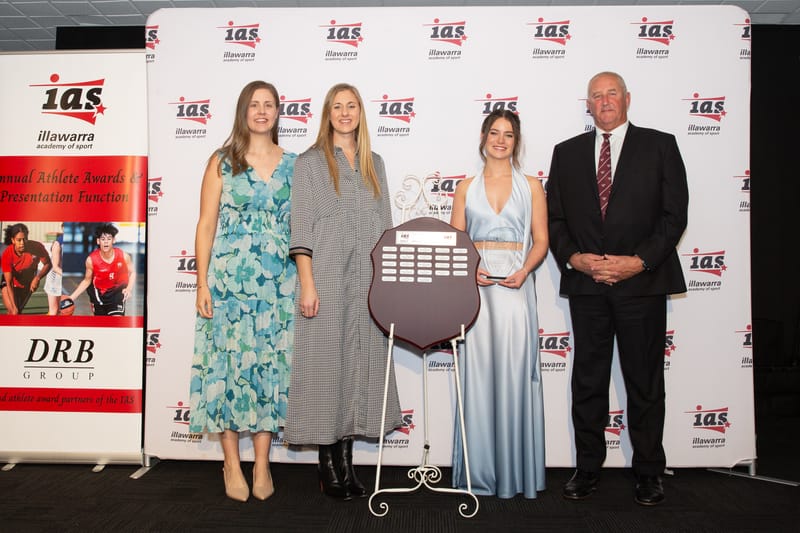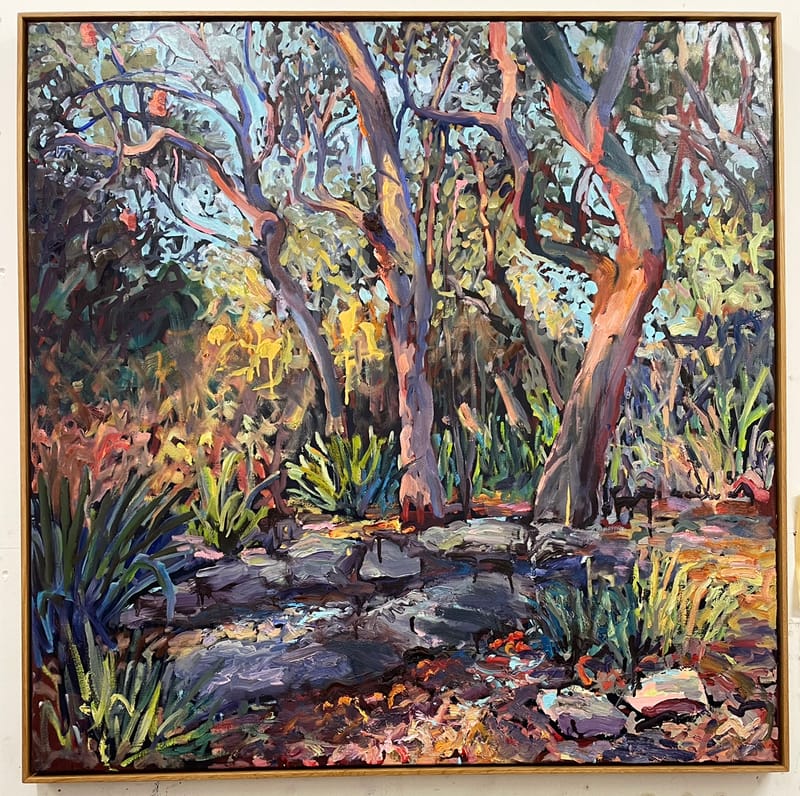How mindfulness may help
Mindfulness is a term that is everywhere and perhaps overused. Almost everyone has heard of it these days and a lot have tried an app or maybe even done a brief course. It has a lot of different definitions because its actually difficult to define...
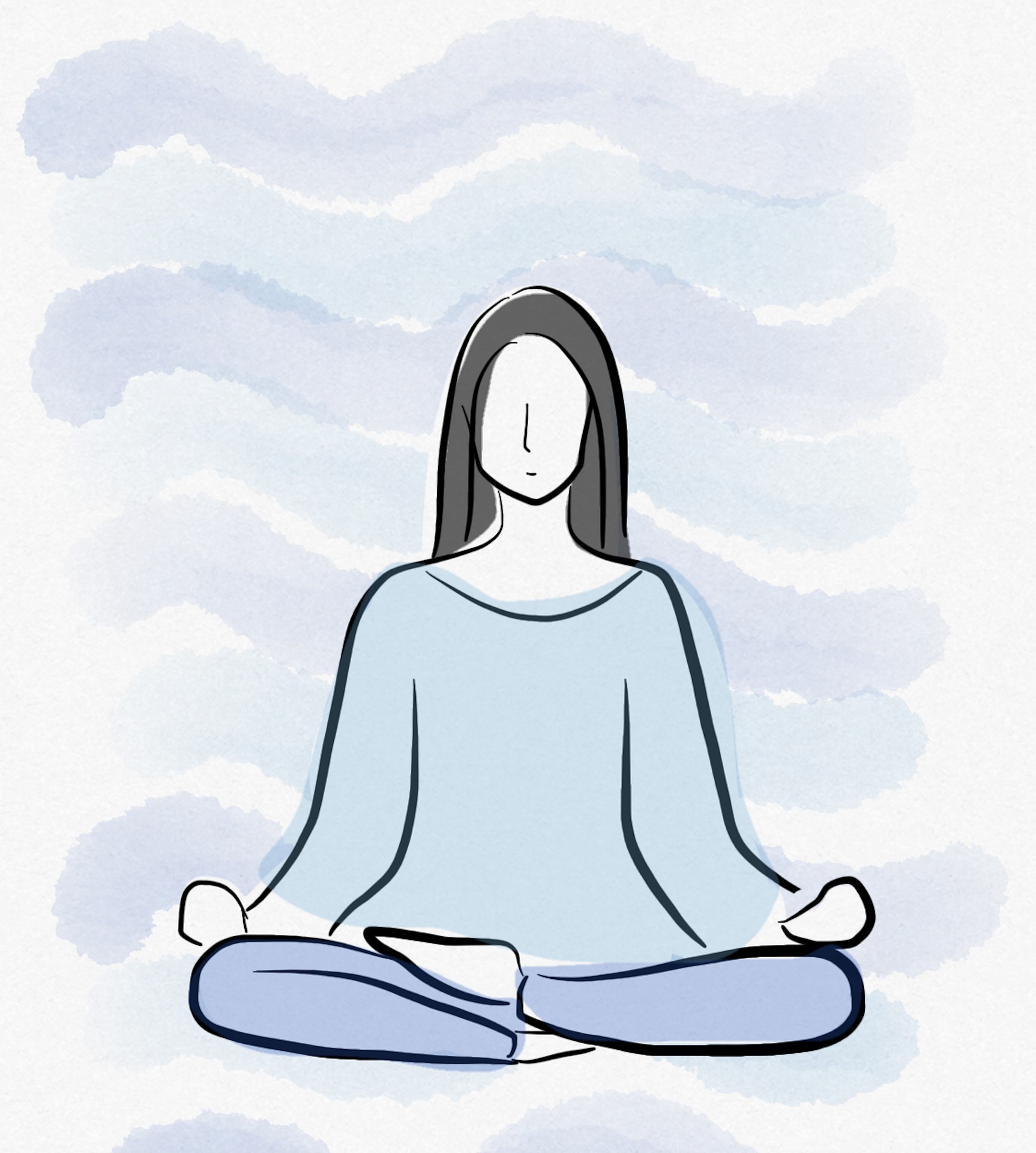
By Dr Adele Stewart of Woonona Medical Centre
Mindfulness is a term that is everywhere and perhaps overused. Almost everyone has heard of it these days and a lot have tried an app or maybe even done a brief course. It has a lot of different definitions because it's actually difficult to define: true mindfulness is pre-conceptual and therefore language doesn’t work so well to describe it. At its core, mindfulness is about paying attention in a particular way… purposefully, in the present and with kindness and acceptance towards our inner experience.
Sometimes it’s actually easier to talk about what mindfulness is not. There is a very common misconception that mindfulness is much the same as relaxation. It’s true that mindfulness helps a lot of people calm down and feel more relaxed, but one can absolutely practice mindfulness while not feeling relaxed. Mindfulness is not about transcending our day-to-day life… it can, however, make daily life a richer and more meaningful place to be.
Some people feel they can’t do mindfulness meditation because their mind is too full of thoughts… mindfulness meditation is not about emptying the mind of thoughts (however, a lot of people do find their thoughts less frequent or intrusive once a practice is established). Although it's human nature to want to avoid emotional and physical pain, mindfulness doesn’t teach us to escape from pain but it helps us have such a different relationship towards the inevitable pain of simply being human.
While a short course, app or workshop may offer a taste of mindfulness, it is unlikely to provide you with the experience, space and time to develop your own practice, which is what leads to the outcomes you probably want. We need to practise awareness of breath and body over and over again. This is can be a very energy-renewing practice. We need to become so intimate with our breath and body that mindfulness becomes our go-to when the inevitable stress and distress of life comes up. We develop the ability to pause and actually choose rather than react out of autopilot. My children are grown up now, but I so wish I had some of that back when they were young! To be able to take care of our own emotions, pause and choose wise action as a parent is gold. Mind you, meditating while you’re a parent to young children is also not always easy.
In my Mindfulness Based Stress Reduction (MBSR) course blurb I write: "Start applying your innate capacity to both reduce distress, and also enhance delight and appreciation for what is here. By learning where and how to place attention, the world opens up, and small and big freedoms can be found. The course will surprise you – it is plain-speaking, emotionally intelligent and alive.”
I believe this is true as I have delighted in the emerging group dynamic and insights from participants in the courses I have taught over the past five years.
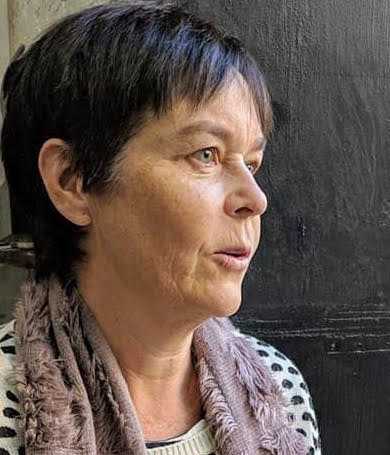
Dr Adele Stewart is a Woonona Medical Centre GP, therapist and mindfulness teacher. She runs MBSR courses 2-3 times per year for 8 weekly sessions. Click here to see the enrolment dates and details.

